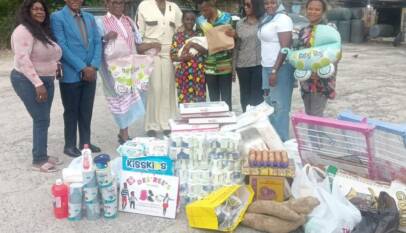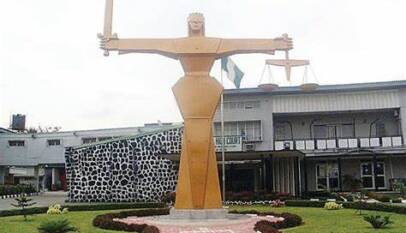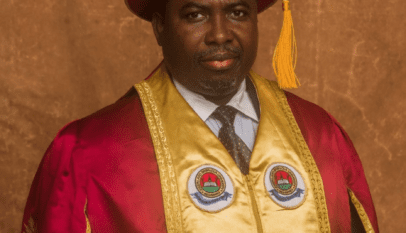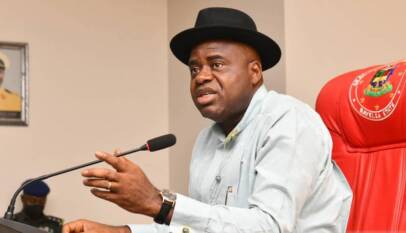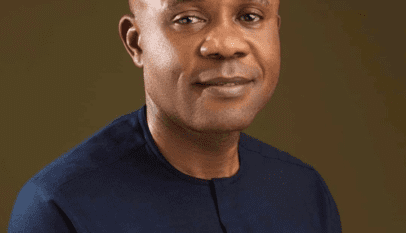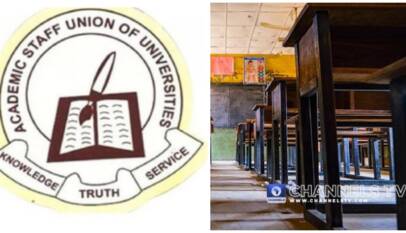The people of the Ndokwa region in Delta State have called the state governor, Sheriff Oborevwori to lead the drive for a review of the production quantum allocated to their land, given the increase in oil and gas production since the last allotment was made.
Save Ndokwa Nation Group, a pressure group, in a letter to the governor, opined that relying on over two decades old figures allocated to the ethnic group as its contribution to the state’s oil earnings was no longer realistic, stressing that it was pertinent to recognise and reward its true contribution.
“By equitably allocating resources and recognizing Ndokwa’s contributions, the government will deepen the trust that exists, reduce social unrest, and create a stable environment for growth. This reciprocity will ensure an increasing regional development and enhanced state prosperity that benefits all stakeholders,” the SNNG said in the letter obtained by Naija Daily News.
The letter, signed by comrades Marcus Enudi and Afam Oseji, Coordinator and Secretary of SNNG respectively, lamented that despite its immense contributions and potential, the region (Ndokwa) continues to grapple with an underwhelming share of benefits from its natural resources.
“Now, more than ever, the time is ripe for Ndokwa’s oil quantum allocation to be reviewed and for a focused strategy to position the region as a leader in clean energy innovation. It is on this strategic note that Save Ndokwa Nation Group, SNNG is making this appeal to His Excellency, Governor Sheriff Oborevwori to champion this cause and leave a transformative legacy for Delta State.”
The group recalled that Ndokwa Nation’s recognition as an oil-producing area was established in 2003, with the allocation of a 9% derivation quantum, stating that the milestone came after years of persistent struggle for equitable revenue distribution for host communities.
However, it noted that the nine per cent allocation, deemed a win at the time, had become a point of contention, noting that experts are unanimous that the figure does not reflect Ndokwa’s current oil production output, especially considering the massive growth in exploration and discoveries over the last two decades.
“For instance, when Ndokwa was granted its 9% quantum in 2003, its recognized oil assets were limited to key fields, such as Okpai Field which was Operated by Nigeria Agip Oil Company (NAOC), and till today remains one of the largest contributors to Nigeria’s gas infrastructure.’
The signatories listed new fields and players as the Kwale Field (NAOC), and the Aballa Field, as well as over 30 new oils, which discoveries, they said, played a critical role in establishing Ndokwa as an oil-producing region.
“This includes expansions in the Okpai and Kwale fields and additional reserves identified by operators such as Seplat Energy and Sterling Oil Exploration and Energy Production Company (SEEPCO),” the letter noted.
Apart from NAOC, they listed new entrants to the field such as Seplat Energy, SEEPCO, Pillar Oil and others, which continue to expand their operations, thereby also expanding Ndokwa nation’s production capacity.
“From fewer than three operators in 2003, Ndokwa now has over seven active oil companies, with exploratory licenses granted to others. Despite this, the 9% allocation remains static, overlooking Ndokwa’s growing importance in the energy sector.
“There are some notable achievements and opportunities that point to this fact. For example, the Okpai Independent Power Plant, which is a gas-fired power plant generating significant electricity for the national grid is powered by gas from Ndokwa fields.
“More so, there are increasing Gas-to-Power Initiatives in the region with public-private collaborations exploring ways to maximize the use of Ndokwa’s gas for domestic and industrial energy needs.”
SNND advocated collaborations between the public and private sectors supported by the office of the Governor to drive sustainable development in Ndokwa and by extension Nigeria’s power landscape, pointing out that Federal Ministry of Petroleum Resources and the Delta State Government can collaborate to review Ndokwa’s quantum allocation and fund infrastructure development.
“Most importantly, the Nigerian Content Development and Monitoring Board (NCDMB) can recommit to ensuring that local content policies benefit Ndokwa residents. Even Oil and Gas Operators like NAOC, Seplat, and SEEPCO can be encouraged to invest more in community development and clean energy projects,” the letter added.



